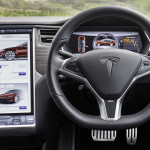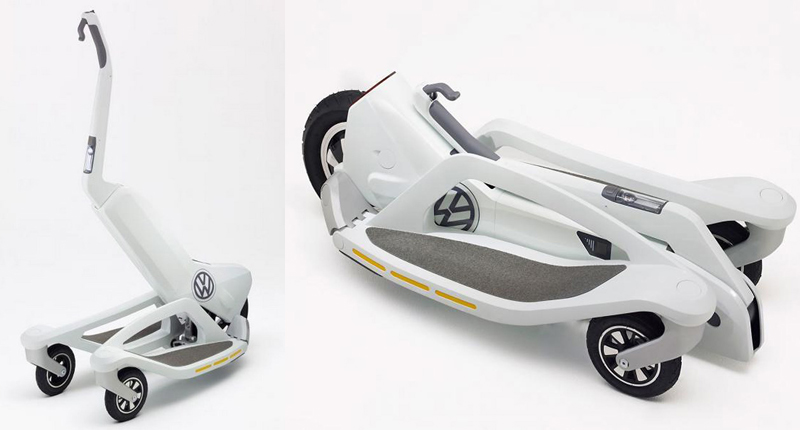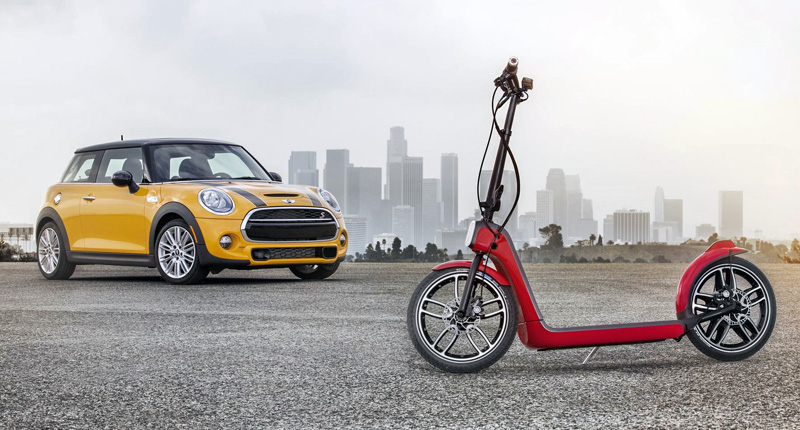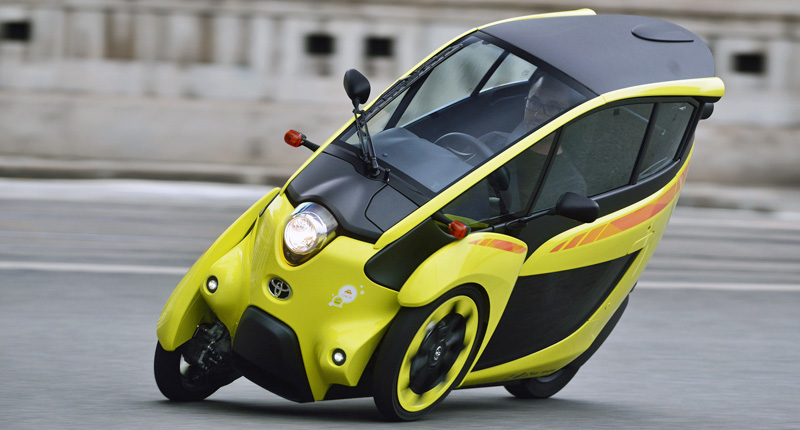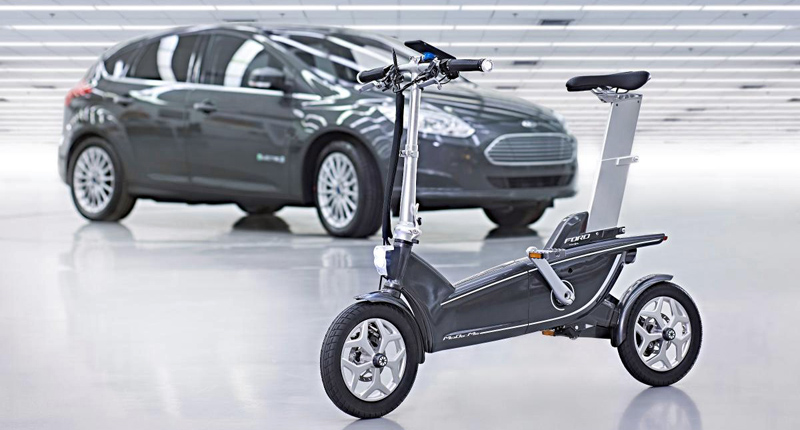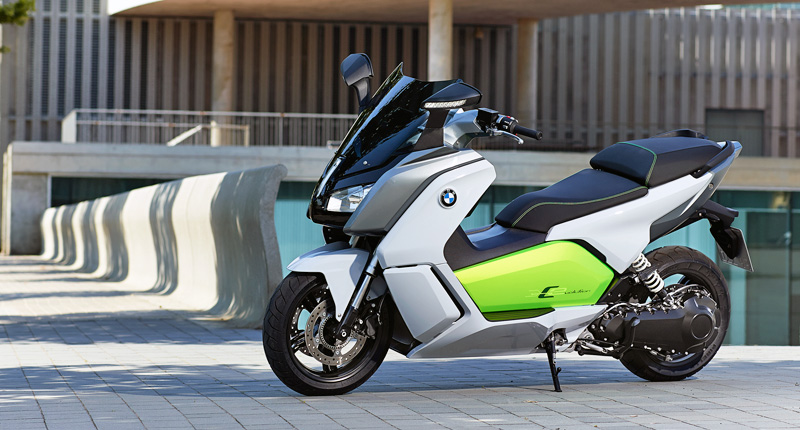ClawDBot: The AI That’s Quietly Taking Over South African WhatsApp Groups Focus keyphrase: ClawDBot WhatsApp AI Meta description: ClawDBot is the new AI bot…
5 electric scooters that show automakers are finally taking congestion seriously
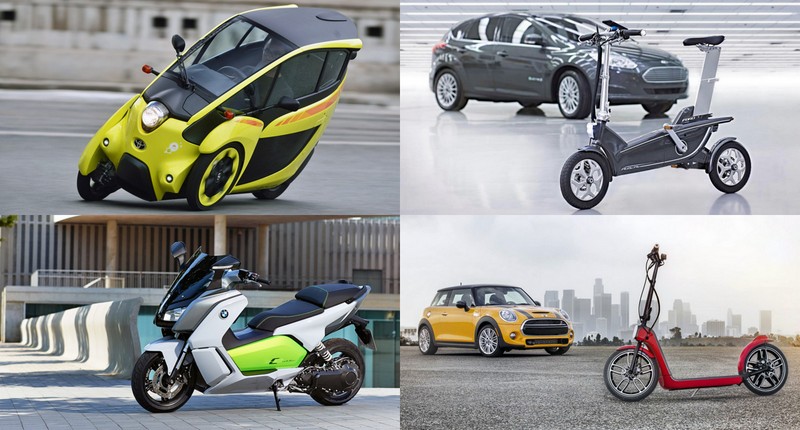
The world’s major cities are becoming more and more congested.
The resulting lack of space is hitting motorists hard, forcing them to spend more of their precious time stuck in traffic. And, of course, pottering around searching for the inner city holy grail: an unoccupied parking bay.
Yes, there are simply too many cars in too congested (and too polluted) a space. And that’s a strange problem for automakers to face up too, seeing as they – like virtually all businesses – tend to focus on the bottom line.
But urban mobility is starting to change, and car manufacturers know it’d be better to be actively involved than simply left behind. And that involvement, rather oddly, includes a dramatic reduction of reliance on traditional car ownership.
So, here are five electric scooters – some more extreme than others – from big automakers that may just help to change the face of the urban commute.
1. Volkswagen Last Mile Surfer
This three-wheeled scooter from German automaker Volkswagen has been designed to fold up and fit in your vehicle’s luggage compartment. In theory, its user would simply park on the outskirts of a busy city, and travel the final few kilometres using the scooter’s electric oomph.
The electric Last Mile Surfer tips the scales at just 11kg, but has an impressive battery range of around 20km, making it capable of completing more than just the “last mile” of a trip to the city. VW says the scooter will go on sale in Europe in 2016, with a price-tag under €1000 (around R14 000).
2. MINI CitySurfer
BMW unveiled the MINI CitySurfer before Volkswagen got in on the city-scooter action, but the concept is much the same. The CitySurfer weighs a little more at 18kg and is also foldable, with the German automaker reckoning it’d be perfect for throwing in the back of a car (preferably a MINI, of course) or indeed carrying onto some sort of public transport.
Like the Last Mile Surfer, this electric scooter is also powered by a lithium-ion battery, but BMW claims a range of between 15km and 25km (it also boasts regenerative braking), with a top speed of around 25km/h. As it stands, the MINI CitySurfer is merely a concept, and the brand has yet to make any noise about putting it into production.
3. Toyota i-Road
The Toyota i-Road makes the two scooters above look nothing short of primitive. But that’s because it tackles the congestion problem from an entirely different angle. Indeed, the 300kg three-wheel i-Road is part of an app-facilitated vehicle-sharing programme that exists to allow commuters to travel from one mode of transportation to the next.
The futuristic-looking Toyota – which comes across as a mash-up of a car and motorcycle – can travel some 50km on a single charge of its lithium-ion battery, and features rear-wheel steering and an electronically limited top speed of 45km/h. The front wheels move up and down independently of each in response to the driver’s steering, resulting in what Toyota terms the “optimal lean angle” when cornering. And, unlike basic electric scooters, it’ll keep its rider dry in nasty weather. Grenoble in France is currently engaged in a three-year vehicle-sharing trial headlined by the little i-Road.
4. Ford MoDe:Me
Ford reckons its bizarrely named MoDe:Me electric bike would work “seamlessly with cars and public transport” to deliver faster and easier daily commutes. The prototype “e-bike” is equipped with a 200-watt motor with nine-amp-hour battery that provides electric pedal assist (variable, according to feedback from a heart-monitor hooked up to its rider) for speeds of up to 25km/h. It folds easily to slot into a car or onto public transport.
It also boasts a rear-facing ultrasonic sensor that warns the cyclist when a vehicle is overtaking (by vibrating the handlebars) and alerts motorists to the presence of the rider (thanks to a system of lights). The bike works in conjunction with an app that is compatible with the iPhone 6, and even features a nifty navigation system utilising haptic feedback. At the moment, it remains a prototype.
5. BMW C Evolution
The C Evolution is a proper scooter that requires its rider to don a helmet. It competes against conventional maxi-scooters thanks to the considerable oomph delivered by its liquid-cooled permanent magnet synchronous motor and air-cooled lithium-ion high-voltage battery. With a peak power output of 35kW and an electronically limited top speed of 120km/h, the BMW C Evolution can more than just keep up with urban traffic.
The German automaker claims a range of more than 100km, with a full recharge taking around four hours. Handily, the 625kg scooter was designed alongside the BMW i3, so it even shares some of the electric car’s battery technology. Of course, this production scooter takes a more traditional approach to cutting urban congestion, but at least allows the user to complete the commute using a single mode of transport.
